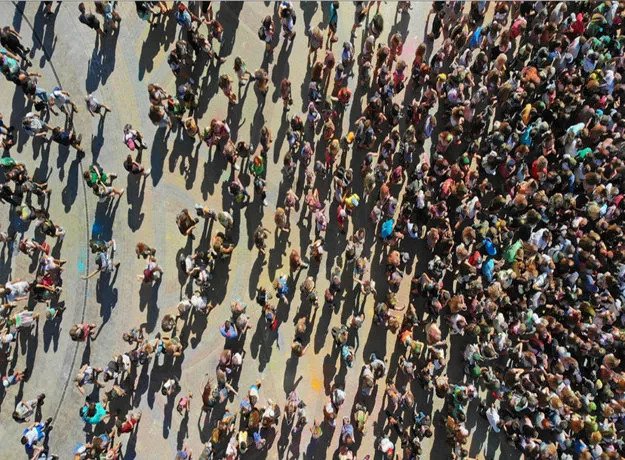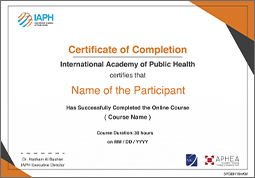Public Health Management of Mass Gatherings
Description
Mass Gathering (MG) has been defined by the World Health Organization (WHO) as an occasion, either organized or spontaneous where the number of people attending is sufficient to strain the planning and response resources of the community, city, or nation hosting the event. Public health concerns which arise during such conditions include injury, communicable diseases, non-communicable diseases, and exhaustion and heat-related illnesses.
Public health workers aim to minimize these risks through gaining a better understanding of public health threats, strengthening of public health systems, and enabling of evidence-based decision-making. Furthermore, there is a demand to enhance preparedness, optimize surveillance, and develop rapid response capacities.
Learning Outcomes
- Differentiate between various types of mass gathering events on a global and regional level
- Identify the main public health concerns during mass gathering events
- Identify the components of public health surveillance during mass gathering events
- Conduct risk assessment for mass gatherings
- Mass Gatherings at Global and Regional Levels.
- Public Health Concerns During Mass Gatherings.
- International Health Regulations in Mass Gatherings.
- Preparedness and Response Plans for Mass Gatherings.
- Public Health Recommendations During Mass Gathering Events.
- Risk Assessment in Mass Gathering.
- Haddon’s Matrix for Mass Gathering.
- Risk Communication During Mass Gatherings.


Certificate
